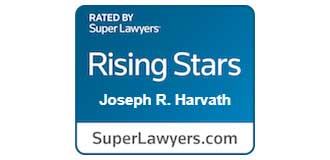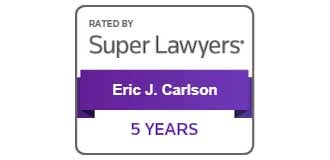Your employment contract will talk about job responsibilities and compensation, as well as company policies. Sometimes, it will also restrict an employee’s behavior while they work for you and after they leave your company.
Restrictive covenants are valuable additions to your employment contract that can protect you from the most blatant and financially-devastating forms of employee misconduct. What are the different kinds of restrictive covenants that might round out your existing employment contract?
Non-compete agreements
When workers sign a non-compete agreement, they agree to neither go to work for one of your direct competitors nor start a competing business after leaving your company. Typically, to be enforceable, non-compete agreements will only last for a specific amount of time or apply to a specific geographic area.
Non-solicitation agreements
When a worker leaves your company to start their own business or a new job, you have to replace them, a process that can be quite expensive. When a former employee finds a good job, they may try to bring some of your other staff members over to that company or even approach your customers and clients. Non-solicitation agreements prevent your employees from abusing the relationships they developed while working for your company.
Non-disclosure agreements
If your company has valuable trade secrets or operates in a sensitive area of industry, like medicine, non-disclosure agreements protect your company and your clients or customers. They prevent your workers from making information known to the public or other individuals. They can impose serious penalties if a worker violates the agreement and somehow damages your company.
Including the right terms in your employment contract will help you better protect your company against employee misconduct.
















